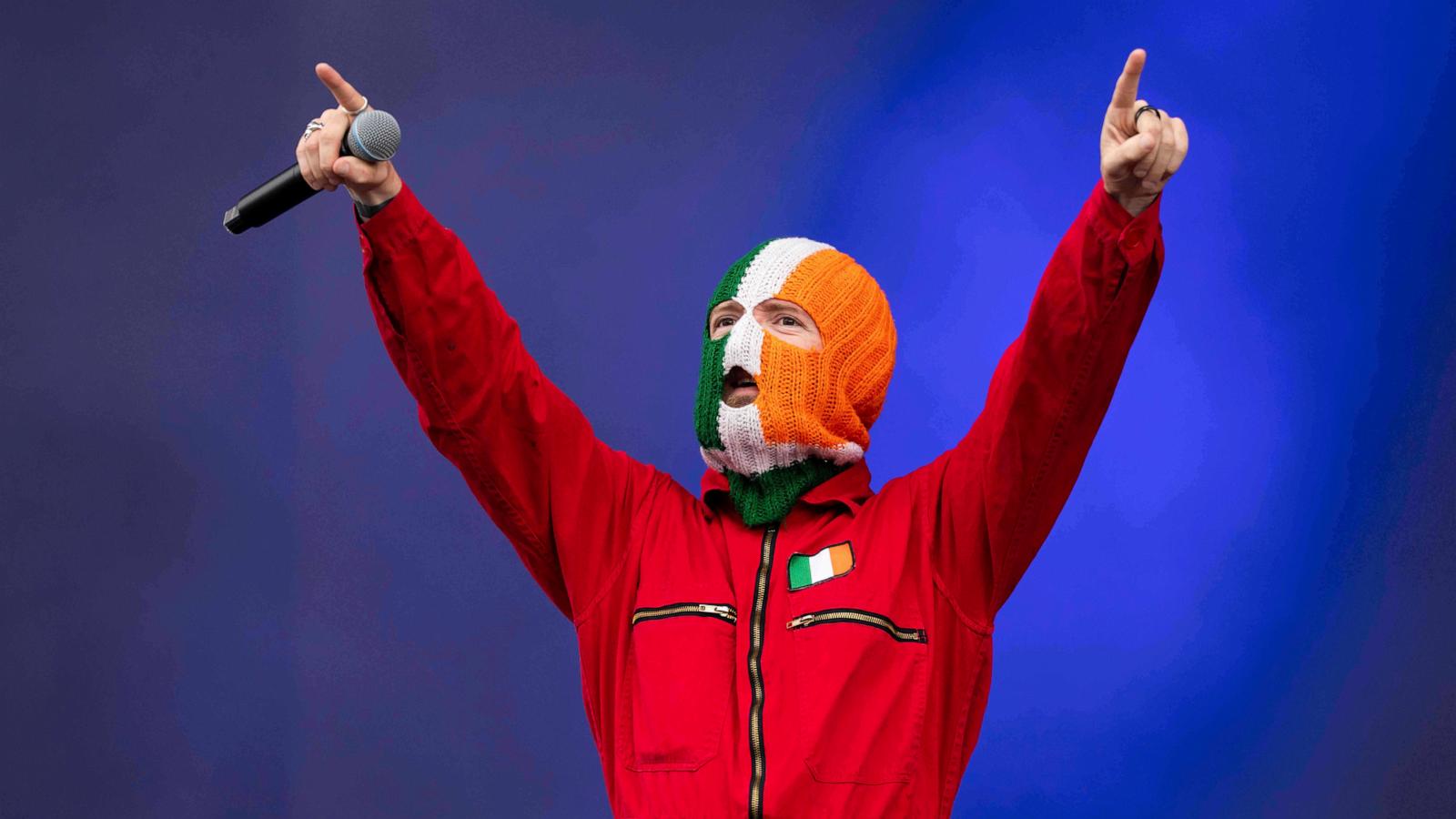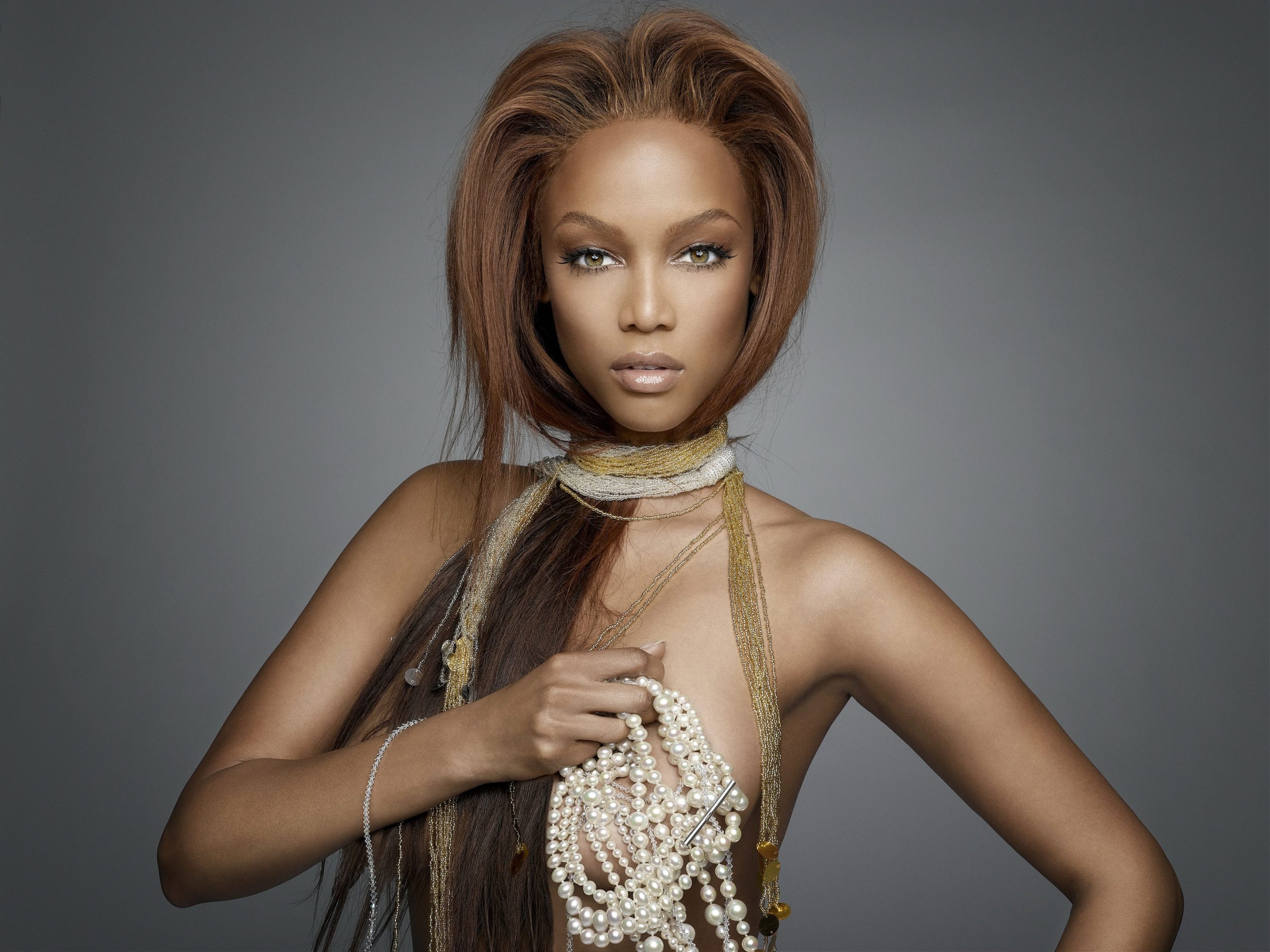Canadian authorities recently announced that they have banned the Irish-language rap group Kneecap from entering Canada. They cited alleged support for terrorist organizations such as Hezbollah and Hamas. MP Vince Gasparro, parliamentary secretary for combating crime, publicly stated that the band’s actions cross the line between artistic expression and political violence. The decision removes scheduled shows in Toronto and Vancouver.
What Led to the Ban
The ban follows reports that Kneecap publicly displayed symbols or messages that Canadian law considers to glorify or support groups deemed terrorist organizations. Gasparro claimed that such behavior violates Canada’s immigration and security standards. Canada’s government argues that hate speech, incitement to violence, and endorsement of terrorism do not qualify as protected speech. Kneecap, however, strongly denies all the allegations. Band members argue that they do not support any violent or militant group and that their activism centers on expressing solidarity with the Palestinian cause.
Kneecap’s Response
In response, Kneecap released a statement labeling the allegations as “wholly untrue and deeply malicious.” They intend to take legal action against Gasparro for defamation. The trio also emphasized that no member has ever been convicted of a crime in any country. Furthermore, they said they planned to donate any legal compensation they obtain toward aiding child amputees in Gaza. Although Canada’s immigration ministry has not released full details of the case, Kneecap insists that the ban aims to silence their political speech rather than address legitimate legal issues.
Reactions and Implications
Many observers across Canada raised concerns about freedom of expression. Civil liberties groups described the ban as troubling. They argue that barring an artist based on political statements sets a dangerous precedent. On the other hand, organizations such as the Centre for Israel and Jewish Affairs and B’nai Brith praised the move. They acclaimed the decision as a necessary stand against hate speech, radicalization, and glorification of violence. Meanwhile, fans in Toronto and Vancouver expressed disappointment, since Kneecap’s concerts in those cities will no longer proceed.
What This Means for Music, Law, and Free Speech
This ban highlights the delicate balance between upholding free speech and addressing national security concerns. It raises legal questions about what constitutes incitement or endorsement, especially in artistic and political contexts. Moreover, it may influence how countries assess and regulate speech that some view as provocative or controversial. Also, it could trigger further legal challenges concerning the rights of performers as well as the scope of government powers in controlling entry based on speech.
Conclusion
Canada’s decision to ban Kneecap reflects growing tensions between expression and regulation. While the government claims it must protect citizens and prevent support for terrorism, Kneecap insists that the ban threatens free speech and targets political dissent. As legal battles loom and public debate intensifies, this case may become an important benchmark for how democracies handle controversial art and political expression.
Bonus Read: Teen Girl’s Body Found in Vehicle Registered to Singer d4vd




One thought on “Canada Bans Irish Rap Group Kneecap Over Alleged Terrorism Support”